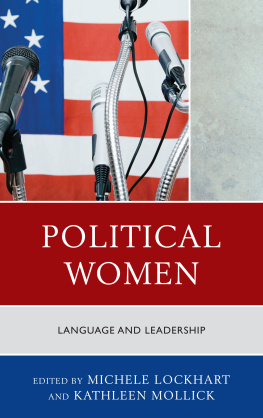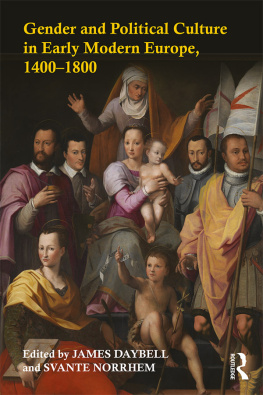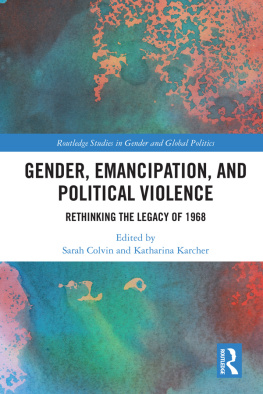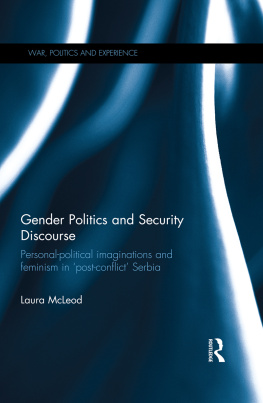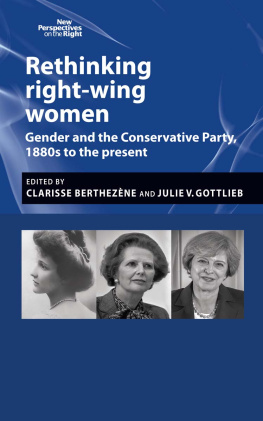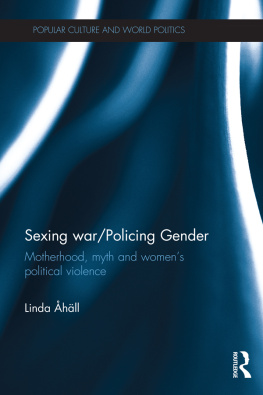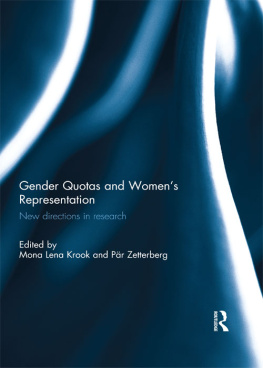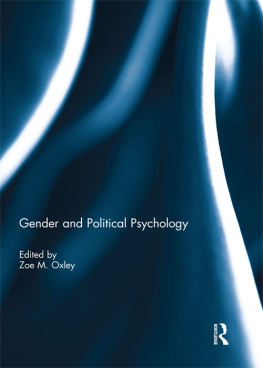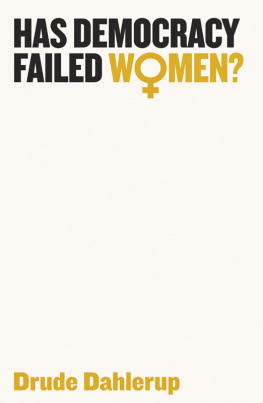Geoff Read - The Republic of Men: Gender and the Political Parties in Interwar France
Here you can read online Geoff Read - The Republic of Men: Gender and the Political Parties in Interwar France full text of the book (entire story) in english for free. Download pdf and epub, get meaning, cover and reviews about this ebook. year: 2014, publisher: LSU Press, genre: Politics. Description of the work, (preface) as well as reviews are available. Best literature library LitArk.com created for fans of good reading and offers a wide selection of genres:
Romance novel
Science fiction
Adventure
Detective
Science
History
Home and family
Prose
Art
Politics
Computer
Non-fiction
Religion
Business
Children
Humor
Choose a favorite category and find really read worthwhile books. Enjoy immersion in the world of imagination, feel the emotions of the characters or learn something new for yourself, make an fascinating discovery.

- Book:The Republic of Men: Gender and the Political Parties in Interwar France
- Author:
- Publisher:LSU Press
- Genre:
- Year:2014
- Rating:5 / 5
- Favourites:Add to favourites
- Your mark:
The Republic of Men: Gender and the Political Parties in Interwar France: summary, description and annotation
We offer to read an annotation, description, summary or preface (depends on what the author of the book "The Republic of Men: Gender and the Political Parties in Interwar France" wrote himself). If you haven't found the necessary information about the book — write in the comments, we will try to find it.
In The Republic of Men, Geoff Read explores the intersection of gender bias and the eight most important political parties in interwar France, breaking new scholarly ground in profound ways. The first to compare gender discourse across the political spectrum in a national context and trace the origins of the fascist new man in other political traditions, Read evaluates the impact of gender discourse upon policy during a pivotal period in French history.
Skillfully exploring how differing political traditions -- from left to right -- influenced and reacted to each other, Read shows that regardless of the party, predominant notions of gender manifested themselves in misogyny and double standards when it came to womens emancipation.
Despite the hostility of male politicians and party members, and despite womens exclusion from both parliament and the vote, Read argues that women were nonetheless crucial to politics and visibly prominent within almost every political party in interwar France. Read explains this seeming contradiction by demonstrating the existence of a conservative trend in gender politics that by the mid-1930s had enveloped even the Communist Party.
Through his masterful analysis, Read closes significant gaps in the existing historiography and presents a truly revisionist assessment of early-twentieth-century French politics.
Geoff Read: author's other books
Who wrote The Republic of Men: Gender and the Political Parties in Interwar France? Find out the surname, the name of the author of the book and a list of all author's works by series.

